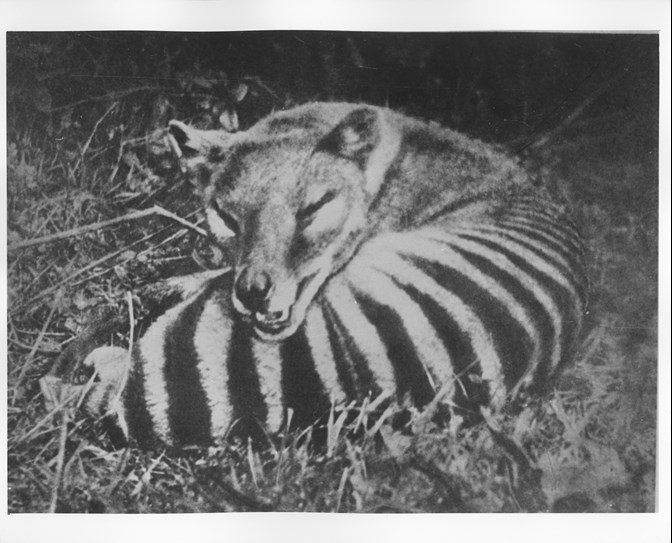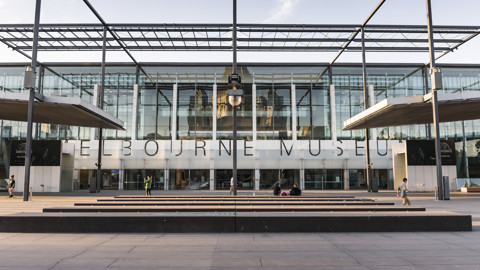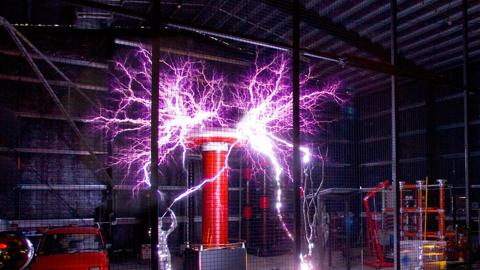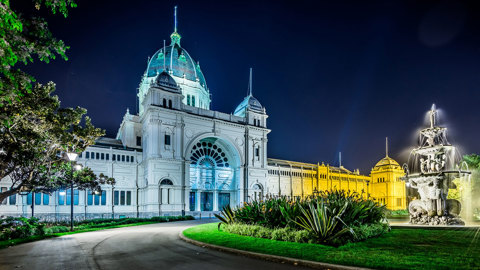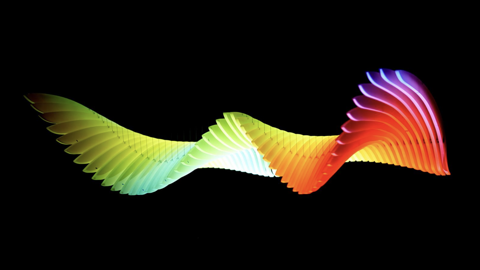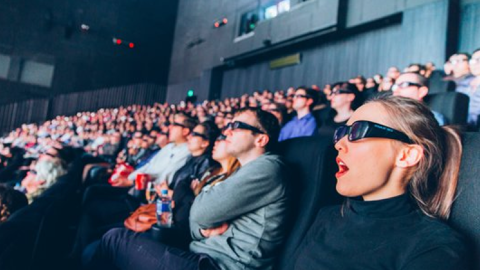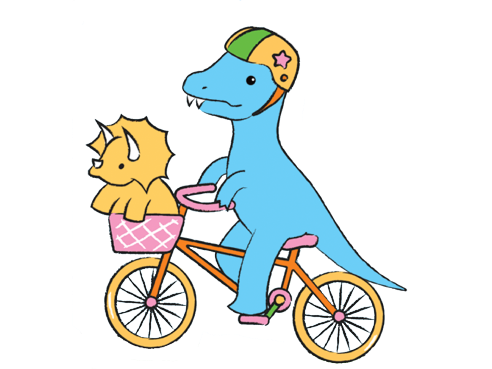Reversing extinction: can and should we bring animals back from the dead?
Humanity is triggering extinctions at rates not seen since the Earth’s largest mass extinction event 66 million years ago. But what if we could reverse this?
Source: Archives Office of Tasmania
Feeding into the current debate among scientists and media, Museums Victoria will host a discussion on Thursday 6 October, 6.30pm exploring the scientific and ethical dilemmas facing this new frontier, with the Museums Victoria Research Institute leading a groundbreaking de-extinction project to bring the Tasmanian Tiger back from the dead.
The sixth instalment of Museums Victoria’s Future Forums discussion series, ‘Reversing Extinction’ will look at recent biological and technical breakthroughs which suggest that reviving extinct animals could soon become a reality. De-extinction is the process of using new developments in DNA sequencing and genetic engineering to resurrect extinct animals.
Featuring Museums Victoria Research Institute’s Dr Kevin Rowe, Senior Curator of Mammals and University of Melbourne’s Andrew Pask, Professor of Genetics, and an international speaker, Future Forums will reveal how skins, skeletons and other traditional museum specimens (like the Thylacine joey, preserved and maintained by Museums Victoria for over a century) are offering new scientific grounds for returning species like the woolly mammoth and the Thylacine to their natural habitats. And now, thanks to funding from The Holsworth Charitable Gift, the institute has embarked this year on preserving and culturing the living cells of wildlife.
Museums Victoria Research Institute’s Dr Kevin Rowe said: “The attempt to resurrect a species from an extinction we caused through our wanton disregard for nature is an inspiring challenge as great as interplanetary travel. We pursue the challenge because we know it is hard, because in pursuing it we will learn so much we didn’t realise we needed to know about the nature of wildlife and its survival.”
This edition of Future Forums follows the recent announcement by the DNA Zoo of a full chromosomal length reference genome for the endangered Australian Smoky Mouse (pictured below), using a sample provided by Museums Victoria Research Institute in its long-term work on Smoky Mice. Museums Victoria Research Institute’s shotgun genome sequences have been produced from studies on Smoky Mice living in the Grampians, as well as historical samples dating back to 1934 from extinct populations in the Otways and Far East Gippsland.
This promising new tool in conservation biology is being met with optimism as well as concern. What does looking to the past have to do with reversing extinction today? How will these efforts look to the future supporting endangered species like the Smoky Mouse and the Koala, whose declining numbers were exacerbated by 2020’s devastating bushfires?
Dr Kevin Rowe said: “De-extinction and the recovery of nature lost will only succeed if we as a species are inspired to make the investments needed in nature research and in healing nature. Attempting to resurrect species from extinction demands and will support a deeper understanding of living wildlife.”
Museums Victoria CEO & Director, Lynley Crosswell said Museums Victoria is pleased to host a Future Forums conversation that will seize on the scientific and ethical questions brought up by these hugely exciting breakthroughs.
“We are proud to provide a Forum for this vital, progressive discussion on cryopreservation, as well as a platform for these preeminent researchers, who are at the forefront of progressing the recovery of lost diversity in the future.”
Future Forum Event Details
Reversing Extinction:
When: Thursday 6 October, 6.30pm-7.30pm
Where: In person at Melbourne Museum, and online via livestream (with 14-day streaming access)
Tickets: Adults $25 | $15 online, Concession / Members $20 | $12 online
For more information and to book tickets:
About Future Forums Conversation Series
Offering Museum audiences thought-provoking talks, Future Forums feature luminary thought leaders from Australia and overseas sharing their groundbreaking discoveries and pioneering research in their respective fields and exploring areas of STEM (science, technology, engineering and mathematics), the humanities and climate and sustainability, and how these new ideas and innovations will shape our future world.
About Museums Victoria Research Institute
Museums Victoria’s research and collections have inspired inquiry and discovery for more than 165 years, creating knowledge that changes the way we see the world and how we act to shape our future. Museums Victoria Research Institute’s programs and world-class researchers strive to tackle the big issues including environmental crises, climate emergencies, species decimation, migration, diverse identities, inequality, conflict, and a new focus on healing country, health and wellbeing.
For interviews and media enquiries please contact:
